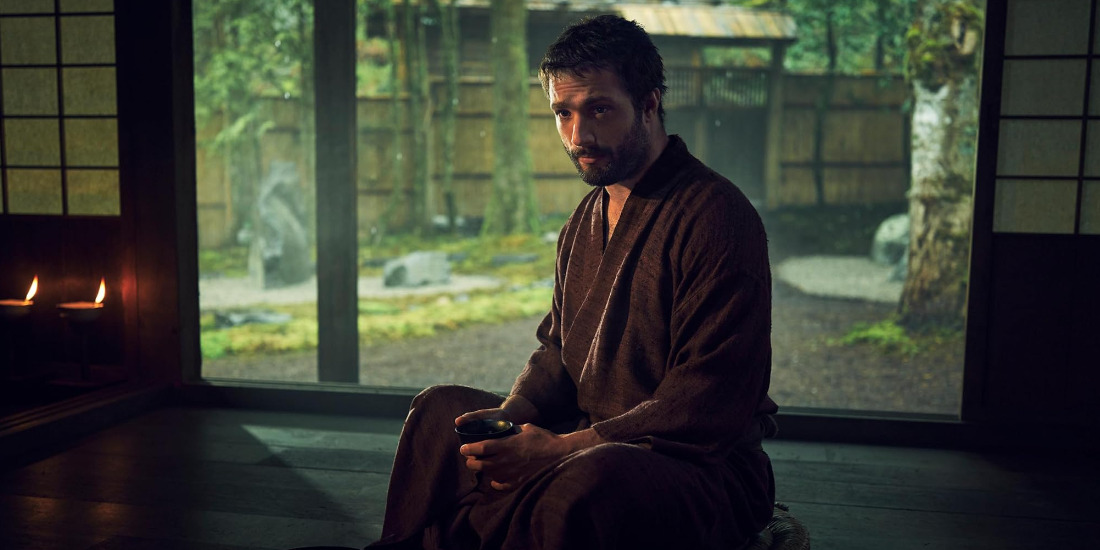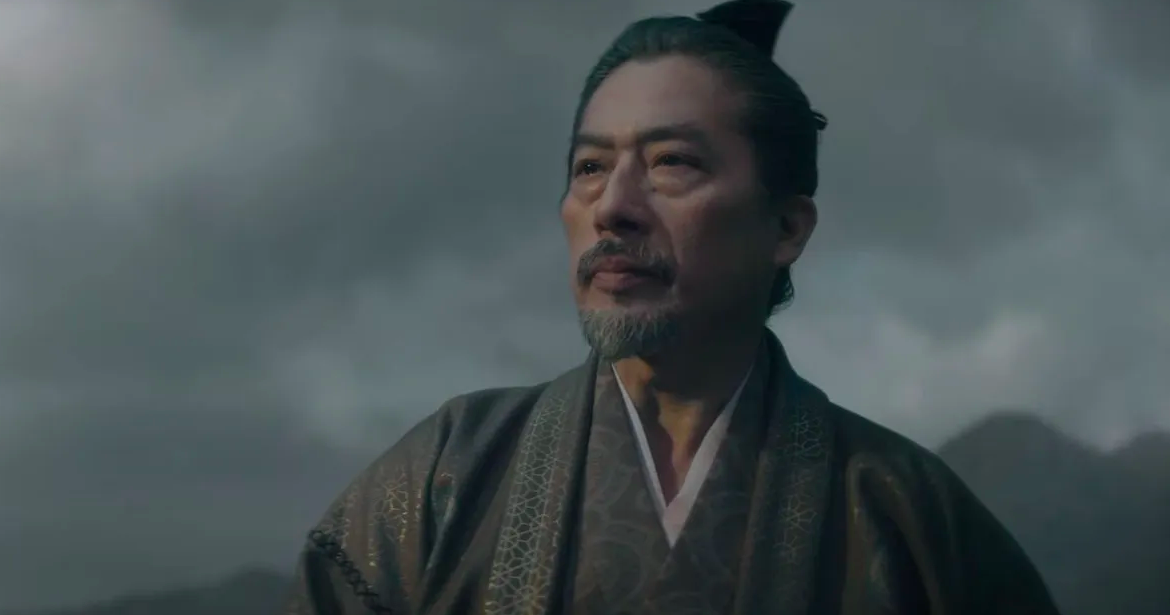In Hulu’s ‘Shogun,’ the political scene in Osaka becomes more volatile as Lord Yoshii Toranaga makes a move that creates ripples through the cabinet of regents and leads to the first shots fired in a war that will soon ravage the country. Toranaga, who by far is alone while the other four regents have ganged up on him, knows that he has only one thing to his advantage at the moment: John Blackthorne. Even though the man comes from a foreign land and Toranaga has barely spent a few days with him, he has seen enough to know the potential Blackthorne has and how it could be used to his own advantage. His move at the end of Episode 3 makes it clear that he has bigger plans in store for Blackthorne. SPOILERS AHEAD
Why Does Lord Toranaga Call John Blackthorne Hatamoto?

“Hatamoto” is a word for a high-ranking samurai, someone who works directly under the shogun and is responsible for very important tasks. There are, of course, layers to the title of Hatamoto, depending on the nature of the work and how close the person is to the shogun. In essence, the term is used to describe someone who could be equal to a “bannerman” or who is under the protection of the shogun in return for their own actions of loyalty. Considering all this, it is clear why Toranaga decided to bestow this title on John Blackthorne.
Ever since his arrival, Blackthorne has shown an incredible ability to survive situations that no one else would have. Since the beginning of the story, he has refused to die, no matter how dire the circumstances may have seemed. Just when everyone around him thinks that this is the last time they’ll see him or that he has finally landed himself in something that is impossible to come out of, he does something that surprises everyone. Lord Toranaga is certainly impressed by this, and it is one of the reasons why he gives this title to his new friend.
This title signifies the trust that Toranaga is placing in Blackthorne. While the latter has exposed the true nature of the Portuguese, Toranaga knows that the Englishman is not exactly telling the whole truth. His doubts are confirmed when the Portuguese priests give him the proof, which, when translated, will prove that Blackthorne is a pirate. But then, Toranaga knows how devious the priests are and how much they want Blackthorne to die. So, instead of being manipulated by them, he decides to do what’ll serve him best, and instead of punishing Blackthorne just on the priests’ words, he decides to elevate his new friend’s position.

The thing that Toranaga sees in Blackthorne is the element of surprise. No matter how tight the situation might seem, he always sees a way out of it. His ways might be unorthodox, but they are completely unpredictable, and this is what Toranaga needs to win the war against the four regents. Further, Toranaga is aware of the duplicity of the people under his command, whom he cannot trust completely. Kashigi Yabushige is one of those people, who Toranaga knows has sworn fealty to him but is also secretly working with his enemies. In all of this, Blackthorne is the only one he trusts fully because the foreigner has no reason to cheat Toranaga, as it would leave him completely helpless. If Blackthorne falls into the hands of the other four regents, he will face certain death. This motivates Blackthorne to do whatever he can to help Toranaga win; no other general in his army has this motivation.
Receiving the title of Hatamoto also means better things for Blackthorne. For one, it makes him untouchable in the ranks that serve Toranaga. Moreover, it also opens doors for him to hoard wealth and land, which he will receive, courtesy of his title. Having money and land of his own would give Blackthorne some freedom, at least enough to put down his roots in Japan, considering he might never get to leave it. Most importantly, however, the receiving of the title, which is quite an honor, especially because it’s the first time a foreigner has received it, binds Blackthorne even more strongly with Toranaga, tying them together so that one’s survival means the survival of both, and one’s end means the end of both.
Read More: Is Shōgun’s Lord Yoshii Toranaga Based on a Real Japanese General?


You must be logged in to post a comment.